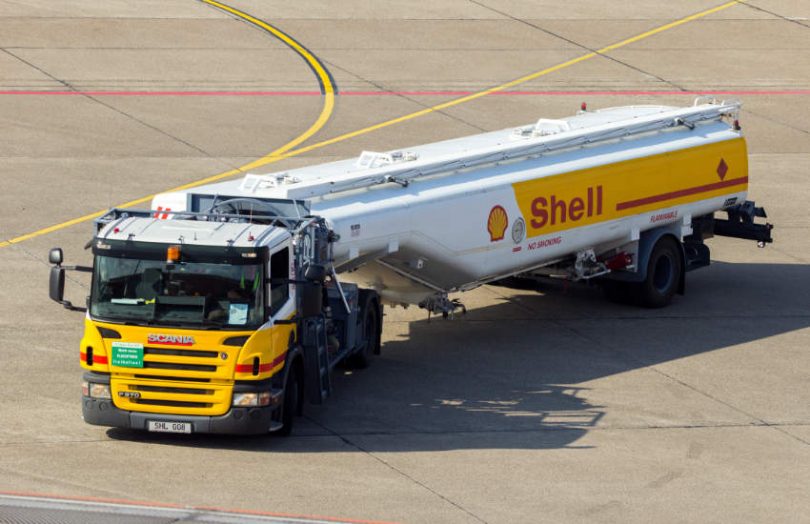Yesterday Shell announced it has partnered with Accenture and American Express Global Business Travel (AMEX GBT) in a pilot blockchain initiative Avelia to promote the use of sustainable aviation fuel. The solution uses the Energy Web technology stack.
Sustainable aviation fuel (SAF) is made from renewable sources such as plant or animal material, used cooking oil and waste. It can potentially be up to 80% less polluting than conventional air fuels in terms of C02 emissions. SAF isn’t that different from conventional fuels, so it can be mixed with them and there’s no need to modify engines.
Historically SAF has been much more expensive than aviation fuels, often twice the price or more, although the cost differential is less at the moment because of the Ukraine war.
The objective of Avelia is to try to get corporate travelers to co-fund the additional fuel costs. It uses ‘book-and-claim’, which allows the carbon saving benefits to be claimed by the traveler even if SAF isn’t available on that flight. In that case, the SAF that’s paid for is used by another aircraft. So far, industry bodies haven’t yet accepted book-and-claim as an acceptable form of emissions reduction, but once they do, the SAF benefits can be part of a company’s ESG reporting.
Jan Toschka, President of Shell Aviation, said of SAF, “it’s currently scarce and costs more than conventional jet fuel. Avelia will help trigger demand for SAF at scale, providing confidence to suppliers like us to further increase investment in production, and in turn helping to lower the price point for these fuels.”
Scarce is a bit of an understatement. Last year just 100 million SAF was used worldwide. In a typical year such as pre-COVID 2019, the commercial aviation sector uses 360 billion liters (Source: IATA) of fuel, so SAF isn’t even a rounding error yet. In this blockchain pilot project, Shell is committing to supply at least 100 million in fuel and is targeting one billion liters.
But there isn’t a lack of demand for SAF. Last year IATA said there were forward purchase agreements for 14 billion liters of SAF. The key is to pass on the extra cost and benefits to travelers. Hence the book-and-claim methodology that’s powered by blockchain.
“Blockchain technology will be piloted to help ensure trust via data integrity, validate proof of ownership, and enable transparent tracking of the environmental benefits of SAF for customers,” said Rachel Barton, Europe Strategy Lead, Accenture.
The role of Amex is to sign up some of Amex GBT’s 19,000 corporate customers, but Shell is looking for other partners to join.
Other blockchain projects for aviation fuel include the AirCarbon Exchange, in which Deutsche Börse Group invested. It enables the tokenization of CORSIA carbon offsets for the aviation sector. And there have been a couple of aviation fuel projects in Russia run by Gazpromneft Aero and the S7 airline. Elsewhere blockchain is also being used to track more sustainable fuels for the maritime industry.






